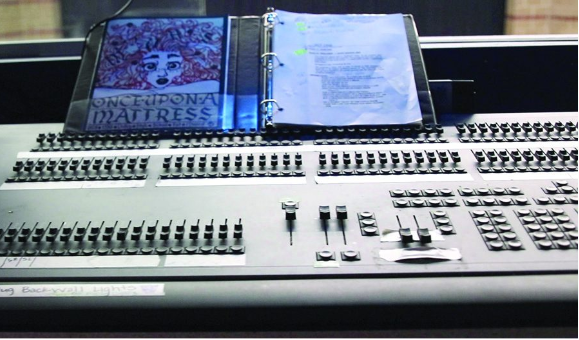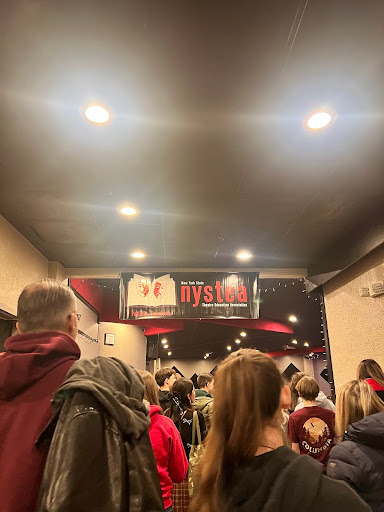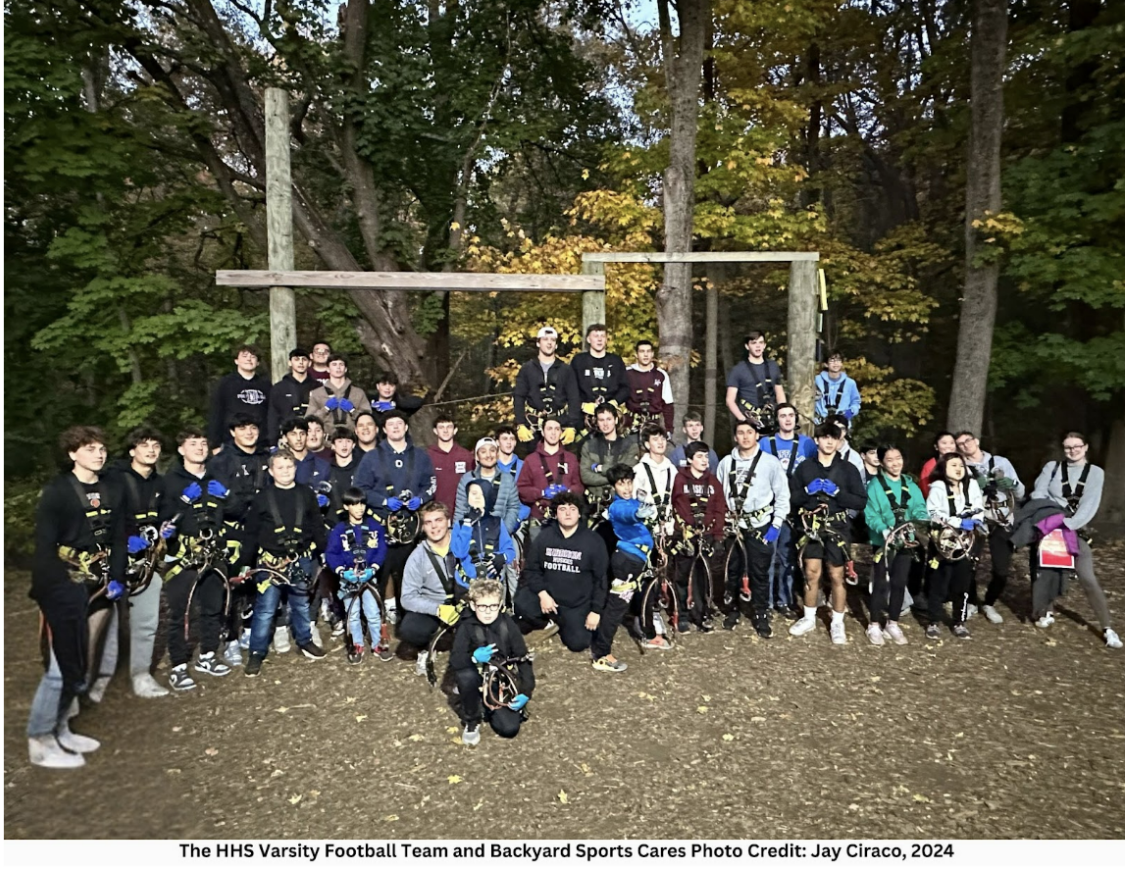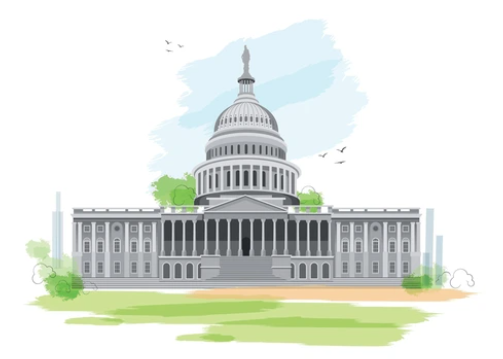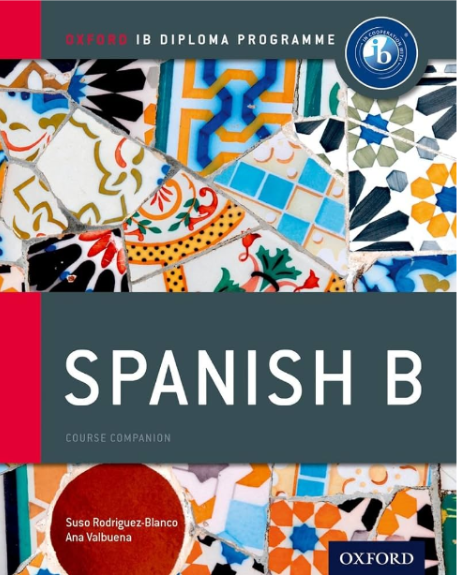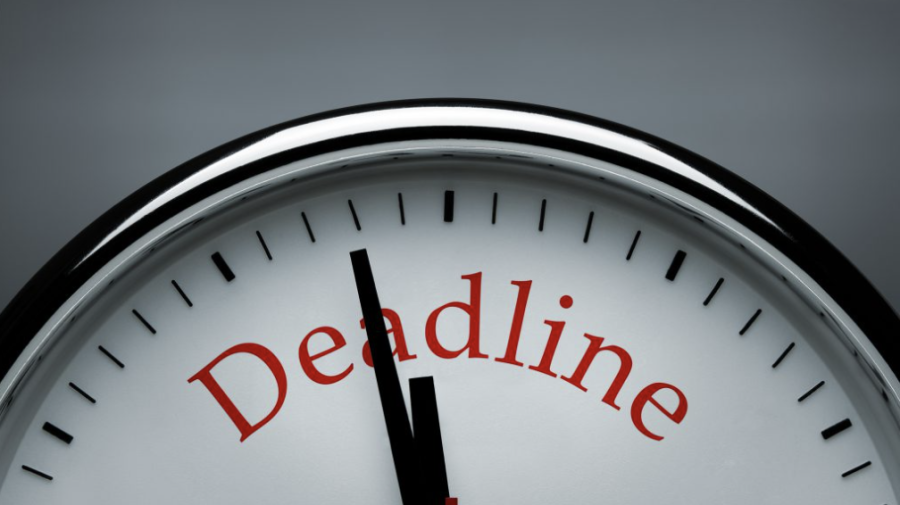Procrastination: A friend or foe?
April 28, 2023
It’s Sunday night. A cold cup of coffee sits atop a pile of wrinkled papers. Your computer is the only light emitting in the room. The blank page burns your eyes. The cursor blinks back at you, a constant reminder of the seconds ticking by.
The project was assigned months ago. You told yourself you had enough time to do it, over and over again. Every day, you told yourself you would work a little on it tomorrow, but something always came up. You had time to do it—you really did—and now you don’t. Now, the “11:59 AM” due date reaches out from the computer, keeping your eyes open; the fear of getting a bad grade keeps your fingers typing, trying to finish the project in the next few minutes. You try to fight against time. Your heart beats rapidly, another clock reminding you of the time slipping away. But ultimately, you are left sitting at your desk at 11:56 with four minutes left to turn in an assignment.
That student experienced something that we have all been through at least once in our lives: procrastination. Procrastination in the English dictionary is referred to as the action of delaying something, usually until the last minute. Thus, procrastination is the act of not acting.
According to The Real Reason You’re Procrastinating | McLean Hospital, procrastination can lead to high levels of stress, as well as poor impulse control. There is even a link between procrastination and physical illness. Procrastinators stress themselves more and tend to delay treatments, leading to a cycle of poor health.
When asked if she procrastinated, Mrs. Zanot, a Health teacher at Harrison High School, said “Of course”, with a smile, indicating that it was a somewhat silly question: who doesn’t procrastinate?
People tend to procrastinate out of fear of a big project, out of boredom if the project/studying/homework is not interesting to them, perfectionism, and being distracted by other things, such as their phones.
Tenth graders at HHS are currently working on their MYP projects. Procrastination is right there behind them. But is procrastination their friend or foe?
For Gia Ciulla, procrastination is not a big help.
“Procrastination has very much harmed my project because for weeks now I said I would actually create my project, since I’m making a cookbook, but I just have not done it,” she stated. “Also, I need to start writing the essay and I am very behind on that as well.”
In Julie Mark’s article Effects of Procrastination: Pros and Cons, she asserted that between 80% and 90% of college students recognize that they procrastinate. Procrastination among students can lower grades and lead to performing tasks more poorly.
Sienna Post, a junior at Harrison High School, states that “Procrastination makes me feel exhausted and annoyed. Like I’ve let myself down since I’m not doing what I need to at that moment.”
But is procrastination really always harmful?
According to Mrs. Zanot, it is not.
For some, procrastination can be a tool to create better work. Some people only produce work that they are proud of when they’ve procrastinated.
“Procrastination gives you time to consider divergent ideas, to think in non-linear ways and to make unexpected leaps and can be a virtue when it comes to creativity,” explained Adam Grant in his Ted Talk “The Surprising Habits of Original Thinkers”.
Procrastination is down to timing. If one waits for too long, one may become overwhelmed and in distress. But if you give yourself enough time, you can produce some excellent work.
“There are definitely misconceptions about procrastination,” said Mrs. Zanot. “For one, that means you’re lazy. Not all procrastinators are lazy.” Procrastination can either fall under eustress or distress. Eustress is the ‘good’ kind of stress, that one may feel when excited; distress is the ‘bad’ kind of stress, which may leave one feeling overwhelmed, and tired, and is in general harmful to your health.
In fact, according to Itamar Shatz in his article Solving Procrastination, some potential benefits of procrastination are: giving you more time to think, helping you prioritize your work, helping you be more efficient, increasing creativity, and can sometimes even reduce stress. Moreover, procrastination can improve your motivation. Sienna Post explained that she procrastinates basically every day—but always gets the work done.
Mrs. Zanot asserted, “Some of my best research papers that I ever had to write, the procrastination lit a fire under me to get really serious about it before a due date. Waiting for a little can bring about a positive kind of stress.”
But, it’s still important to remember the timing. Procrastination is an art; waiting for a little can stimulate some admirable work, but if you wait for too long you risk getting burned by time.
Photo from Association of Psychological Science







